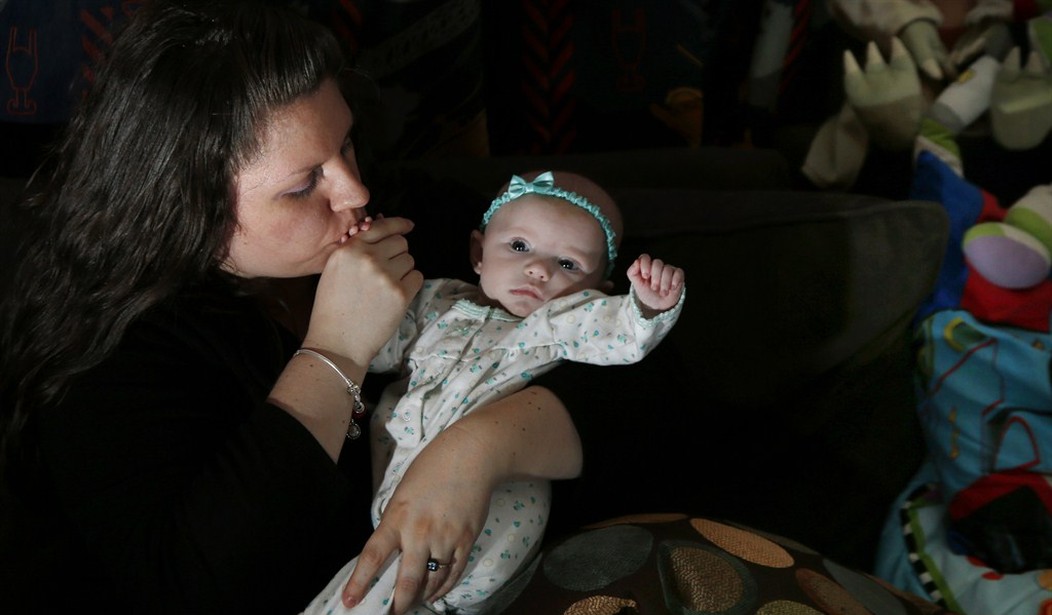Sometimes people approach me and say that they are personally pro-life but pro-choice as a matter of public policy. In other words, they oppose abortion because they believe it is murder but wouldn't want to force their view on others who might disagree. Over Independence Day weekend, a young man from Boulder approached me and expressed a similar view but with a slightly different twist. Our constructive exchange inspired the present column.
It is very easy to correct someone who thinks that abortion is murder but is reticent to "impose" that view on others. The proper thing to do is to help him by restating his position in this manner: "So let me get this straight. You would never support abortion because you could never kill a baby. But you would never want to stop someone else from killing a baby. Does that accurately reflect your position?" As soon as he sees the flaw in his argument, the proponent is forced to reevaluate his position.
But the young man from Boulder offered up a slight variation of that argument. Instead of saying that he did not want to impose his general beliefs about abortion on others, he noted that there was disagreement over the issue of when life begins. He then asserted that he did not want to impose his precise definition of life on others. His exact words were as follows: "I believe life begins at conception, but others may have a different definition of life. They might believe it begins at birth. So, for them, abortion would not be taking a life."
It is true that there is a lack of absolute consensus on the definition of life. But an absence of consensus does not imply an absence of truth. When the shape of the earth was in dispute, the earth still had a shape. Furthermore, while not absolute, there is a remarkable degree of consensus on the definition of life. The leading texts in the science of embryology have arrived at a broad consensus that life does indeed begin at conception.
Recommended
So what if some people disagree concerning the precise point at which life begins - or what if they simply don't know the answer? What are we to do with the existence of some lack of consensus (or lack of knowledge) on the matter? The best answer is to be found by examining our society’s disdain for the legal defense of mistake of law.
Our objection to the "ignorance of the law” defense is based upon the principle that subjectivity tends to water down the moral authority of the law. To say that the illegality of murder or rape hinges on whether we are aware of its illegality is to invite relativism. The law of gravity is not contingent upon our perceptions. We did not remain suspended in the air before we learned about gravity in grammar school. We were bound all by the law of gravity even before we were aware of its existence. Similarly, we are bound to moral laws regardless of our perceptions of them.
The more obvious objection to the "ignorance of the law" defense is that it would invite fraud. People who murder and rape will also feign ignorance in order to escape liability. This requires no further elaboration.
To tolerate subjectivity in defining life and its onset would cheapen life itself. It would also invite the murder of teens at the hands of those who assert that life begins in the twenties. Tolerance is not always admirable. In fact, it is often unworkable.
Scott Klusendorf sums the issue up nicely noting that "The science of embryology establishes that from the earliest stages of development, each of us is a distinct, living, and whole human being. True, we have yet to mature, but the kind of thing we are is clear. This is settled science. Of course, there remains a philosophical debate on how we should value humans in their earliest stages of development, but let us not confuse the value question with the empirical."
Most people know when life begins. The issue is not the value we place on the views of dissenters. The issue has always has been the value we place on life itself.

























Join the conversation as a VIP Member